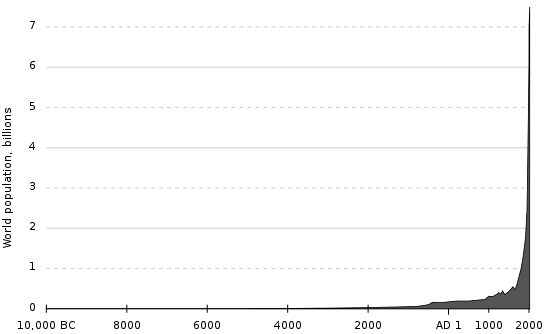What is philosophy?
Philosophy is the field that looks at the most basic, universal questions about existence. While other sciences study certain aspects of things, or certain types of things, philosophy is concerned with the most abstract questions about existence and man’s role in it. Philosophy asks questions such as: How can we know what is true? What is our purpose in life? How should we act? How should we organize society?
Philosophy is inescapable
Why are you reading this? Do you want to learn something? Why value learning? Is it because you value knowledge or because you want to have a successful career? Why should those things matter to you? Is it because your parents said so, because you enjoy something, or because society needs it? Is your own happiness or obligation to others more important to you? How should you decide? If I tell you that something is good for me, does that also mean that it is good for you? Is the good the same for everyone or different because of culture or nationality or personality? Is something is true, is it true forever, or only for today? Are people good or bad? Are you? Why are some people more successful than others? Is happiness a matter of luck? What is a good life? How should you pick your friends? Can anyone know any of these things, with certainty, in the same way that we know that 1+1=2?
All these questions are answered by philosophy. You may never have thought about philosophy until today, but all conscious human action depends on a certain view of existence. All actions assume a certain view of existence, causality, and values. We have no choice about whether we have a philosophy. We can only choose what philosophy to adopt. We can subconsciously, passively, and uncritically accept the philosophy we are exposed to or, we can consciously, actively, critically, examine the ideas around us and accept them because they are true, not because we happened to live in a particular time and place.
Philosophy is the science of universal principles
Philosophy asks: what can we know and how can we know it? We re-examine the world as if discovering it for the first time and accept only that which we can prove to be true.
Why is this important? You might say that you know what is real because I can see and touch it. But not all knowledge is perceptual. If I tell you about an abstract idea, such as justice, how do you know if it is true? Because you feel it is true? Because others tell you it is true? Because you see it is true? But what can you point at to show what justice is? And can you be sure that something that is true to you is also true for everyone else and at all times?
The point of treating thinking as a science is to arrive at firm principles. You can live without an explicit philosophy if you live a primitive life and hunt animals in the jungle. But if you want to build an airplane to fly you across the world, you need a formal science of physics and engineering. And to live a successful life as a civilized human being and create a better future than the past, you need an integrated, scientific view of existence provided by philosophy. Philosophy has the power to make abstract concepts such as justice as clear as the things we can see and touch.
History is philosophy in action
The politics, culture, and economy of any society are formed by the ideas of the people who live in it. If most people believe that it is impossible for them to live without using violence against each other, than their society will be poor and violent. If people believe that whatever their ancestors practiced and believed is good enough for them, then they will continue to live just like their ancestors.
A few hundred years ago, most of the world believed that history was just an account of one ruling regime being replaced with another. If anyone believed in a better time, it was in the past, when great empires had existed and fallen. Today, people had a very different view of history. We believe in progress, in continuous improvement, in fundamental change in society and economy. These ideas have power: during the last 200 years, the world population increased from under 1 billion to over 7. Why did this happen? The world has embraced the technological and economic progress made possible by Western philosophy. A rational philosophy can offer a unifying explanation of man and his universe and a guide for people and societies to achieve values and peacefully coexist.


While I appreciate the effort here, I think it is wrong and misleading to describe philosophy as the “science of thinking,” which suggests that the subject, or main subject, of philosophy is the processes that occur in a person’s mind. Philosophy, properly understood, is concerned with the outer world, and with the inner world *with reference to the outer world.* In regards to a “science of thinking,” the closest would be logic, which is the science of objective thinking, and a part of epistemology.
How would I define/describe philosophy? I’d define it is the science that studies the nature of reality as a whole and of man’s relationship to it. (This does make it distinct from the special sciences.)